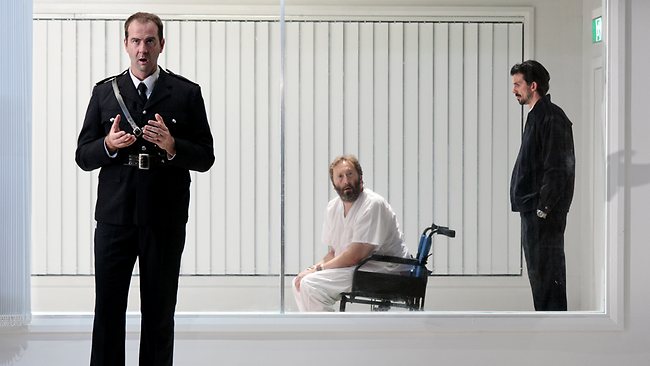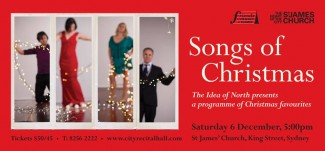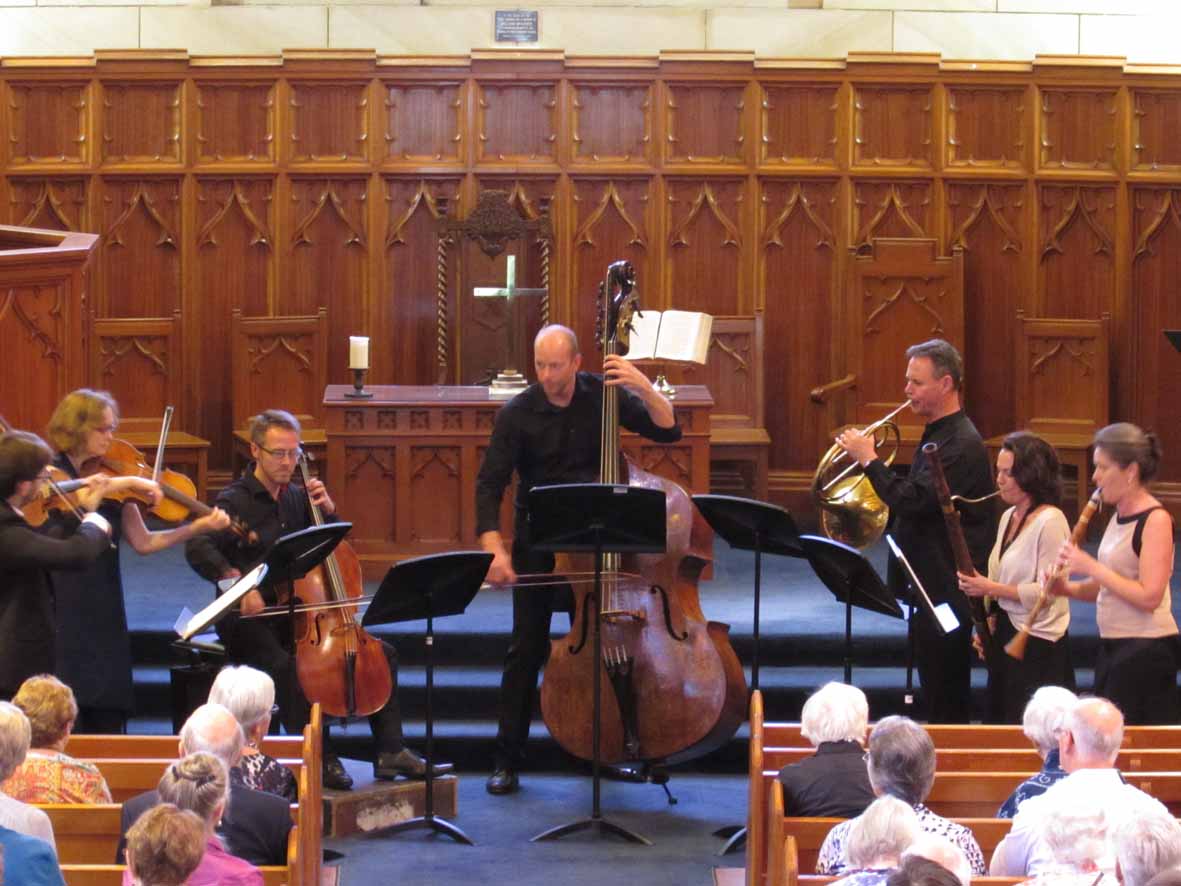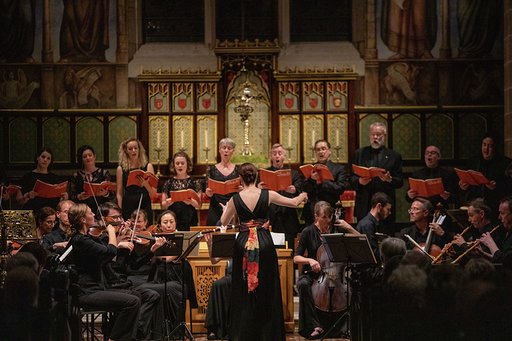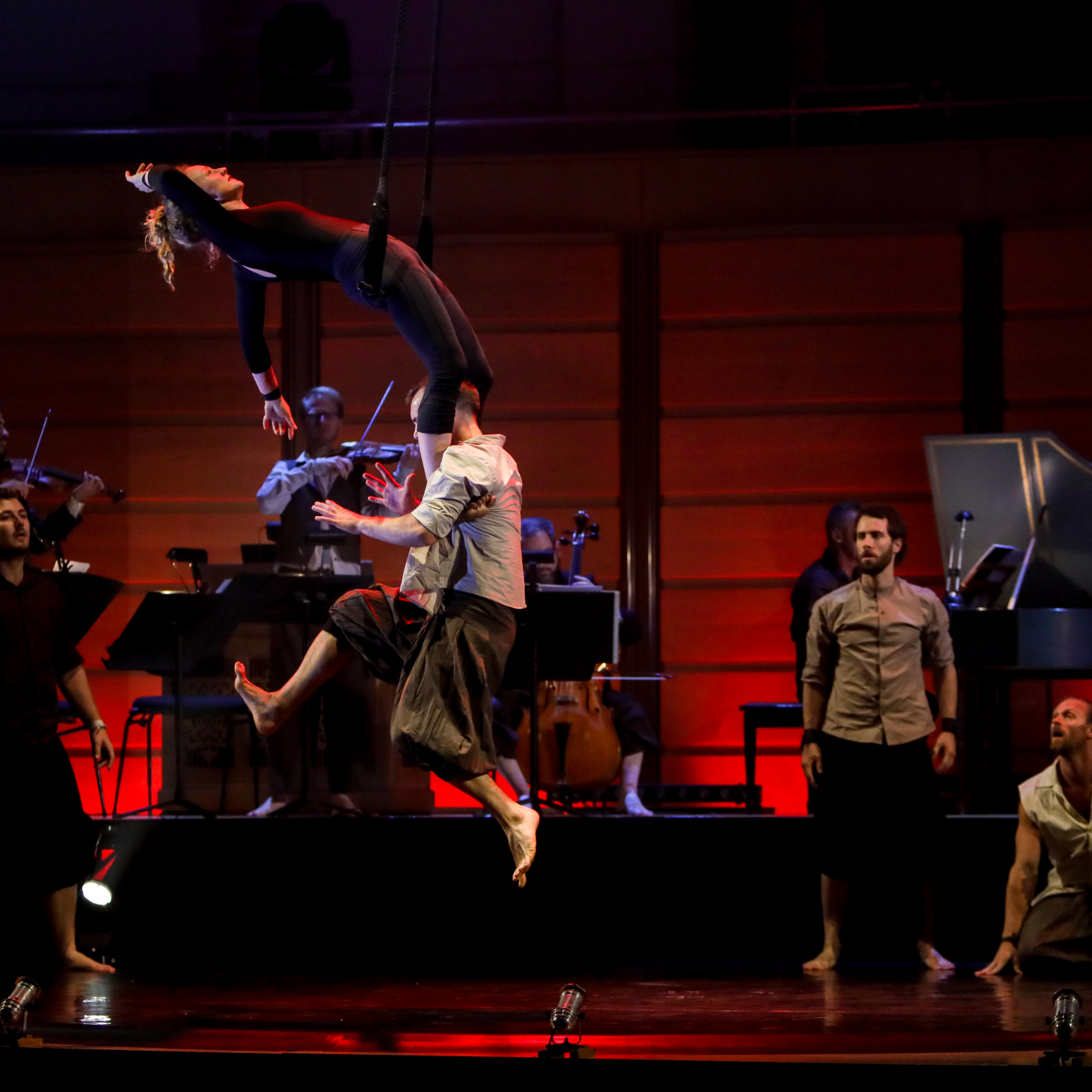Album Review: City Lights/ Batiashvili/ Deutsche Grammophon
City Lights
Lisa Batiashvili, violin with Nikoloz Rachveli
Rundfunk-Sinfonieorchester Berlin & Georgian Philharmonic Orchestra
DG 483 8586
Written by Randolph Magri-Overend
I have mixed feelings about Lisa Batiashvili’s album, City Lights. The album traverses the world with 11 pieces which showcase the most important cities in Batiashvili’s life, along with a suite based on Charlie Chaplin’s own score for his film City Lights and other films of his.
City Lights is the result of a collaboration between Batiashvili and her friend the composer-arranger Nikoloz Rachveli. Batiashvili recalls that Chaplin was very popular in Georgia when she was a child. He not only acted and directed movies, but wrote “gorgeous” music. The album grew from the idea of creating a suite inspired by Charlie Chaplin’s films and music, coupled with autobiographical elements based on key cities in Batiashvili’s life, each of which has some personal, musical or violinistic connection.
Born in Tbilisi, Georgia in 1979, Batiashvili is a talented violinist. She has crafted her skills since the early age of 4 when she demanded to play the violin and then took it to bed with her every night. She comes from a musical family; her father was a violin teacher and her mother taught the piano. “Music,” she says, “was a world where you could live out your fantasy world.” And so, it was until 1991 when at the age of 12, she and her family had to up-sticks and move to Hamburg. “We escaped the civil war just by one day,” she says. After 2 years studying under Russian-born violinist Mark Lubotsky, the family up-stuck (!) again and moved to Munich where Batiashvili started studying under Ana Chumachenco. “She knew exactly how to read my personality,” she says, “and how to nurture it.”
Batiashvili’s big break came when at sixteen, she won second place in the 1995 Sibelius Competition, the youngest ever competitor to take part. She held off signing for a major record company for another 6 years. She is now a very famous solo violinist and one with a passion for the homeland in which she grew up. In fact, when asked by Valery Gergiev to play in a concert he was conducting and the invasion of the Crimea was in the offing, she played as an encore a piece by Igor Loboda called Requiem for Ukraine. She has not performed with Gergiev since. Lisa is married to French oboist François Leleux. They have two children.
So, what about the mixed feelings I have for this CD? Musically it is splendid. As a soloist, Lisa is the soul of refinement and good taste, especially with most of the choices she has made. In this regard, however, I have a few questions. It may be a personal thing, but why choose Bach’s Ich ruf zu dir, Herr Jesu Christ as a choice for Munich, and for Vienna why have Johann Strauss I’s Furioso Galopp on themes by Franz Liszt? The arrangement sounds like it was composed for a string quartet which is hardly representative of either a gallop or the memories I have of Vienna as an energetic and culturally sophisticated city.
The choice of Ennio Morricone’s Love theme from Cinema Paradiso for Rome is spot-on, as are the select choices from Charlie Chaplin’s show-biz music satchel (how’s that for alliteration?) to open this cavalcade of music. Buenos Aires is represented with a tango by Piazzolla, which is to be expected – but why play a piece that is virtually unknown by us average critics? New York is represented by Dvoràk’s Largo from his Ninth Symphony which is disappointing; I would have expected something more representative of the USA’s diverse culture. Similarly, I would have expected something more imaginative than Katie Melua’s vocal of her own composition No Better Magic. And last, we have Tbilisi represented by an arrangement of themes by a Georgian, who alas died recently, Giya Kancheli. The vocals are hardly audible and are supplied by tape. I daresay it means something to Batiashvili and her musical advisers…. but it is lost on me.
I wouldn’t say this is a disappointing CD but it would have helped, also, to be able to differentiate Batiashvili’s playing from a background of mostly orchestral strings.
SoundsLikeSydney©
About Randolph Magri-Overend

When I first set foot on the Sydney Opera House stage to act in Boris Godunov in late 1979, I hoped my Nannu Gusi was taking note from up above. He was the driving force behind my love for classical music, especially opera. Since that first step I played out my fantasies many a time in other operas. At the time I was trying to make it as a classical singer…even a young Simone Young was my coach. But I was never successful and later in life I became a ‘disc jockey’ for the likes of Fine Music (amongst others). I also wrote reviews, programmes and wrote articles for their magazine. I hope I can share the joy I harbour for music with you.


